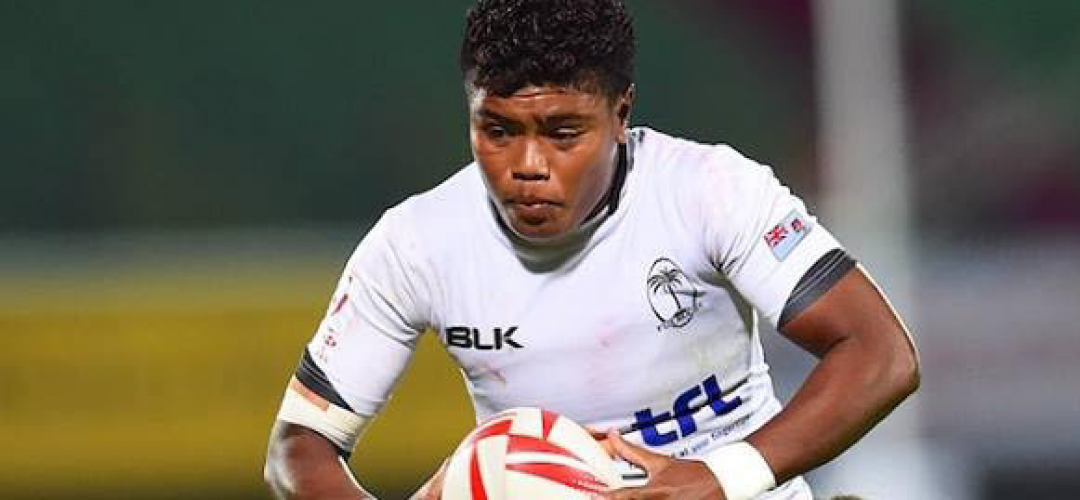Embrace Women’s Rugby

by Anaseini Civavonovono
PEOPLE should abandon the archaic belief that rugby is not a sport for women, says sevens rugby coach and player Elenoa Kunatuba.
Kunatuba said although the public’s attitude toward women rugby players had greatly improved, there were still many who remained ignorant and continued to demean them.
“Women’s rugby is accepted in the international arena and is now an Olympic sport,” she reasoned. “Just because we play rugby everybody stereotypes it as we’re gay,” she said. “It is frustrating.” said the former rugby administrator.
She made the comment when asked to opine on research into women’s rugby prior to the 2016 Rio Olympics. The research was conducted
by USP academic Yoko Kanemasu and Gyozo Molnar, of the University of Worcester. Their report was in a journal article, titled Double-trouble: Negotiating Gender and Sexuality in Post-colonial Women’s Rugby in Fijii. International Review for the Sociology of Sport.
Kunatuba said the research, which was conducted in 2015 before the women’s sterling performance at the Olympic Games, was an accurate reflection of how the wider public treated women rugby players. “We try not to let it affect us one bit,” she said.
She was referring to the demeaning remarks they commonly experienced whenever they trained or played at a tournament. The research also revealed that a few of the young women were disowned by their families because their playing was considered shameful, especially because of the misconception that the women who played the sport were homosexuals.
She said they had few supporters then and were grateful for whatever support they were given. She said the organisers of the Marist 7s tournament was one of their long-standing supporters. “Way back Marist 7s was the only tournament that women could take part in and slowly Coral Coast and Uprising 7’s came in,” said Kunatuba.
She said support for women’s rugby had improved since the Rio Olympics, and she expected this to increase greatly with the introduction of the new programme, Get into Rugby. The initiative hopes to garner greater increase among young
women.
“School girls now are able to participate in rugby through the Fiji Rugby Union development programme,” she said. “Hopefully with more players coming in there is financial support to sponsor teams and competitions so that we do not loose women to other sports.”
The researchers found that despite “intense societal condemnation,” the women rugby players refused to give up. Both authors are active supporters of women’s rugby in Fiji. Kanemasu, who undertook the interviews, was directly involved in advocating for the sport and local clubs.
She attended local rugby tournaments, games and training sessions and developed friendships with a number of athletes before the study
commenced, when the authors were confident that a mutually trusting relationship had begun to be developed.










